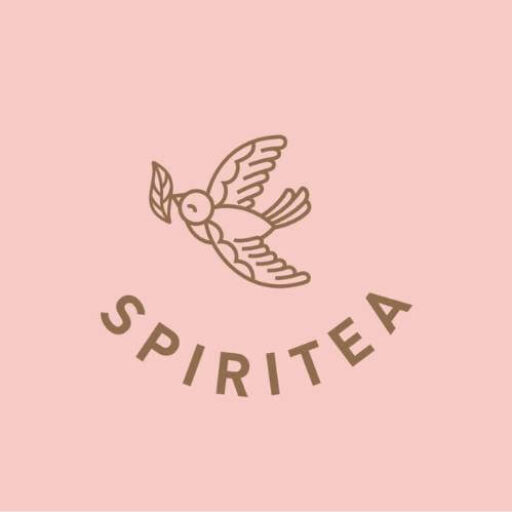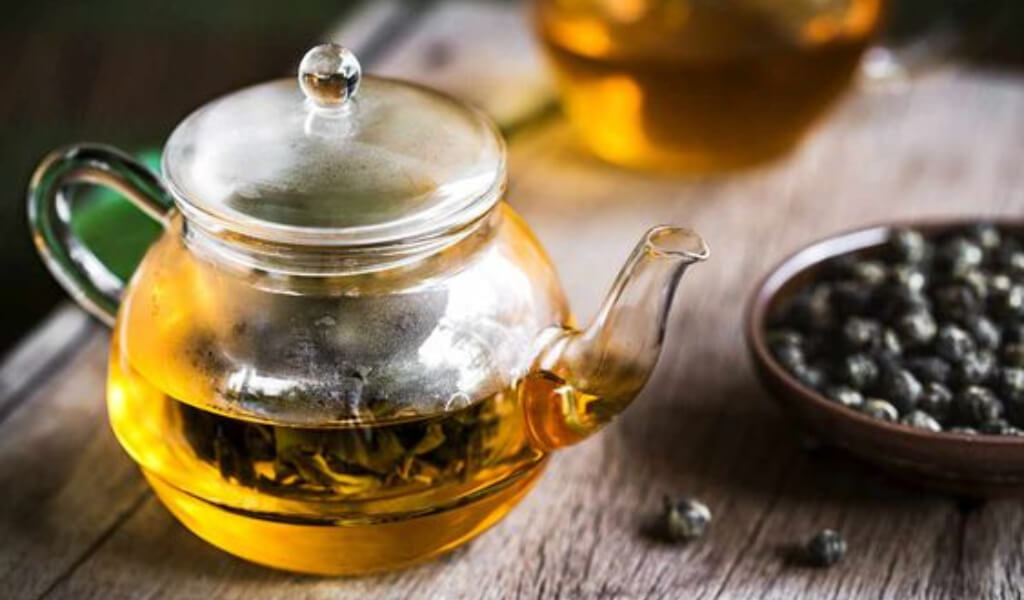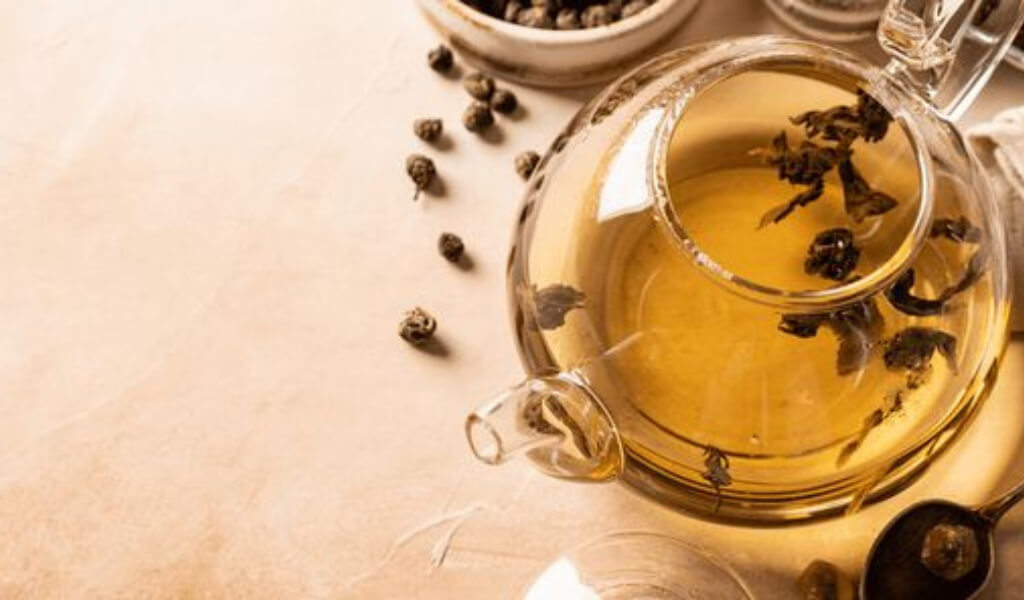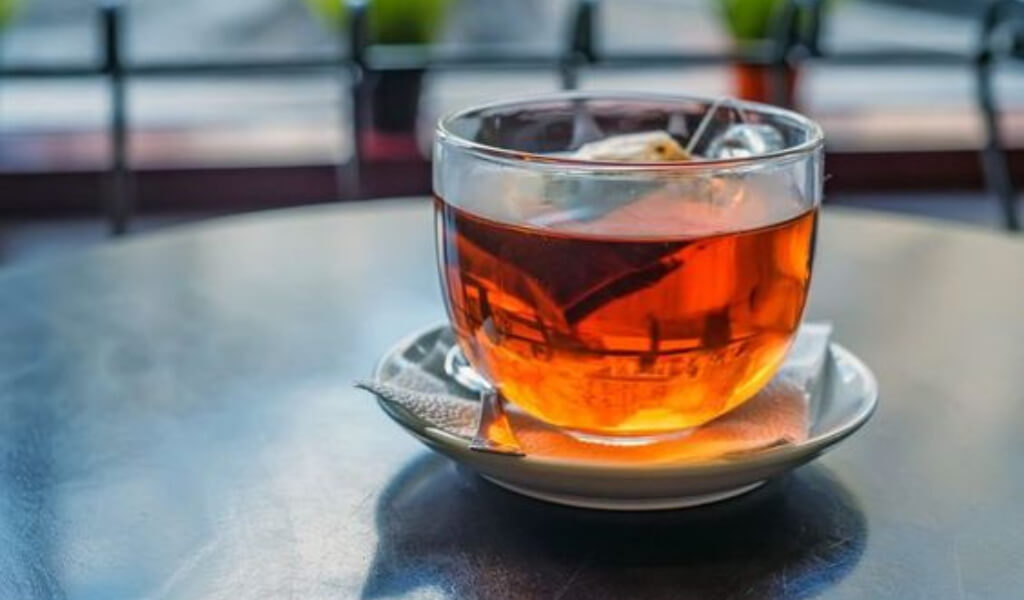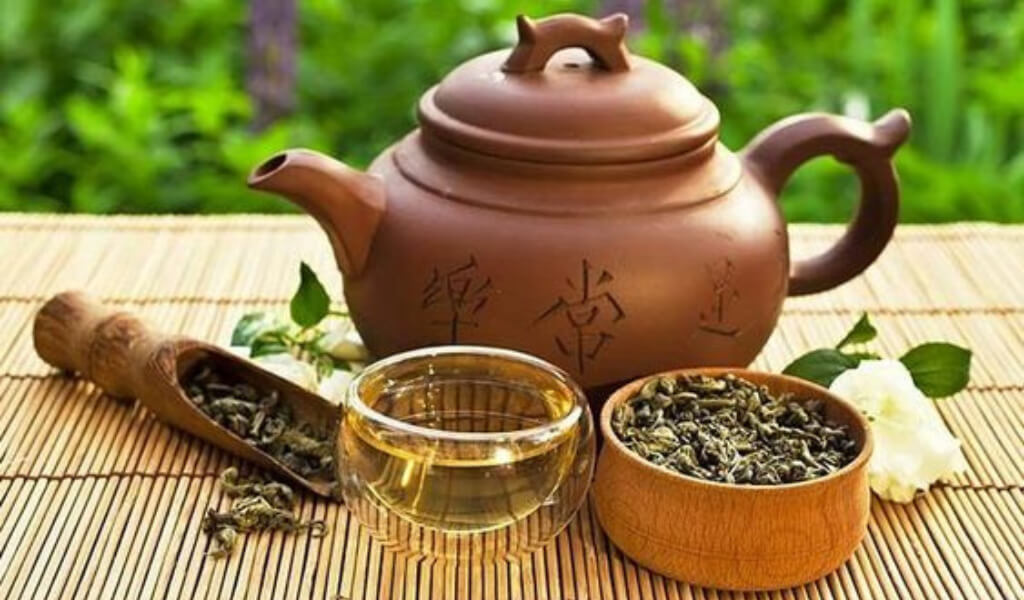If you’re wondering about the incredible when to drink Oolong Tea, especially regarding weight loss, you’ve come to the right place. I’m here to share my insights with you.
In this article, I’ll guide you through the different types of oolong tea, their health benefits, and how they can potentially aid your weight loss journey.
Quotes of tea with You
“Sensuality may not be everybody’s cup of tea, but it sure as hell is part of everybody’s DNA.”
― Lebo Grand
When to drink Oolong tea?
The ideal moment to enjoy oolong tea is approximately 25 to 35 minutes following a meal. This timing is advantageous for promoting effective digestion and the absorption of essential nutrients from your food. When sipped after eating, oolong tea can assist in the metabolism of fats and carbohydrates, contributing to regulating blood sugar levels and preventing sudden post-meal spikes.
Additionally, oolong tea can contribute to a feeling of fullness and satisfaction, potentially reducing the temptation to indulge in unhealthy snacks or overeat.
When to Drink Oolong Tea to Lose Weight?
The best time to drink oolong tea for weight loss is in the afternoon. To maximize the benefits of oolong tea, drink oolong tea 30 minutes to 1 hour before exercise. In the afternoon, oolong tea helps curb sweet cravings and boost energy. These habits support healthy weight loss and maintenance. Embrace oolong tea as your ally in achieving your fitness goals.
How many cups of oolong tea a day to lose weight? For weight loss with oolong tea, drink 2 to 3 cups daily. Research indicates that oolong tea has the potential to lower body fat and enhance metabolism, thus reducing the chances of obesity and supporting weight loss. Studies demonstrate that oolong tea promotes fat oxidation and raises your body’s calorie expenditure by up to 3.4%.
Consider your caffeine tolerance and consult a healthcare professional for personalized guidance. Incorporating oolong tea within this range can help maximize its weight loss benefits.
Read More: does Oolong have caffeine?
When to drink oolong tea? Different Times of the Day
Oolong tea is often enjoyed during Dim Sum lunches in China as it can help with digestion, especially after a heavy and greasy meal. However, it’s advisable not to drink tea while eating. The ideal moment to relish oolong tea is about 25 to 35 minutes after you’ve finished your meal.
Morning
Starting your morning with a refreshing cup of oolong tea can provide a gentle energy boost and a sense of focus to kickstart your day. Its moderate caffeine content can offer a natural alternative to coffee, giving you a calm yet alert state of mind.
Midday
For those looking for a soothing midday pick-me-up, oolong tea makes an excellent choice.
When to drink oolong tea in the afternoon?
What does oolong tea taste like in the afternoon? Its rich flavor profile and mild caffeine content can help combat the afternoon slump, providing a rejuvenating experience without the jitters of higher-caffeinated beverages.
At night
Many people ask, “Can I drink oolong tea before bed?” Ok, here is the answer.
Benefits of Drinking Oolong Tea Before Bed: Oolong tea contains theanine, an amino acid known for its relaxing properties. Sipping a warm cup of oolong tea before bed can help promote a calm and peaceful state of mind, making it an ideal addition to your evening routine.
Moreover, the moderate caffeine content in oolong tea ensures that it won’t interfere with your sleep. Unlike stronger caffeinated drinks, oolong tea provides a gentle stimulant effect, allowing you to unwind without compromising your restfulness.
When not to drink oolong tea?
While oolong tea offers numerous health benefits, there are certain times when it may be best to avoid consuming it.
Empty Stomach
Drinking the best oolong tea for weight loss on an empty stomach may not be ideal for everyone. The tannins in oolong tea can sometimes cause slight stomach discomfort or acid reflux in individuals with sensitive stomachs. To prevent any potential digestive issues, having a light meal or snack before enjoying a cup of oolong tea is recommended.
Pregnancy or Breastfeeding
If you are pregnant or breastfeeding, it is essential to know whether oolong has caffeine? While oolong tea is generally considered safe in moderation, it contains caffeine and other compounds that may affect pregnancy or breastfeeding outcomes. Your healthcare provider can provide personalized advice based on your specific situation.
Before or After Medications
If you currently use any medications, it’s important to be aware of the possible interactions that could occur when consuming oolong tea. Oolong tea contains certain compounds that may interact with medications, especially those prescribed for blood pressure, heart issues, or blood thinning. To ensure both your safety and the optimal effectiveness of your medications, it is advisable to seek guidance from your healthcare professional regarding whether oolong tea is compatible with your medications.
When Experiencing Dehydration
Like many other caffeinated beverages, oolong tea can have a mild diuretic effect, which may increase urine production. If you are already experiencing dehydration, avoid excessive caffeinated beverages, including oolong tea. It is best instead to focus on hydrating yourself with water and electrolyte-rich fluids.
Read More: Check out the article below: Is oolong tea black tea?
In conclusion
In short, above is all about “When To Drink Oolong Tea?”Oolong tea can be a valuable ally in your weight loss journey. With its potential to boost metabolism, aid digestion, curb cravings, and provide a gentle energy boost, oolong tea offers a natural and flavorful way to support your weight loss efforts.
Whether enjoyed in the morning, between meals, or before exercise, incorporating oolong tea into your daily routine can help optimize its benefits. Embrace the power of oolong tea and discover its potential in your quest for weight loss. Cheers to a healthier you with the help of oolong tea.
Thanks from spiriteadrinks.com
FAQs
Is it better to drink oolong tea in the morning or at night?
It’s a matter of personal preference. Oolong tea can be enjoyed in the morning to provide a gentle energy boost or in the evening for its calming effects. Choose the time that aligns with your desired experience and routine.
Is it OK to drink oolong tea before bed?
While oolong tea can be consumed before bed, it’s important to consider its caffeine content. If you’re sensitive to caffeine or have trouble falling asleep, opt for caffeine-free herbal teas to promote a restful night’s sleep.
Will oolong tea keep me awake?
Oolong tea does contain caffeine, although in moderate amounts compared to other caffeinated beverages. If you’re particularly sensitive to caffeine, it’s advisable to be mindful of your consumption and consider enjoying oolong tea earlier in the day to prevent potential sleep disturbances.
What time is oolong tea?
Oolong tea is a versatile beverage that can be enjoyed at any time of the day. Whether you prefer it in the morning to start your day, in the afternoon for a midday boost, or in the evening to unwind, the choice is yours.
Does oolong tea make you sleepy?
While oolong tea does contain theanine, an amino acid known for its calming properties, it also contains caffeine. The caffeine content may stimulate some individuals, so it’s advisable to be mindful of your caffeine sensitivity and adjust your consumption accordingly.
How long does it take to see results from oolong tea?
The results from consuming oolong tea can vary from person to person. While some individuals may notice certain benefits relatively quickly, such as improved digestion or a boost in energy, long-term effects on weight loss or other health aspects may take time and consistency in consumption to become noticeable.
When to drink oolong tea to boost my metabolism?
So, how to drink Oolong tea to push the metabolism? Consider sipping oolong tea in the morning or before exercise to boost metabolism. Its thermogenic properties may help increase calorie burning and support weight management.
I’m Shanna, creator of Spiritea Drinks. I’m all about teaching people to grow their own food, tea, cook what they harvest, and eat with the seasons.
